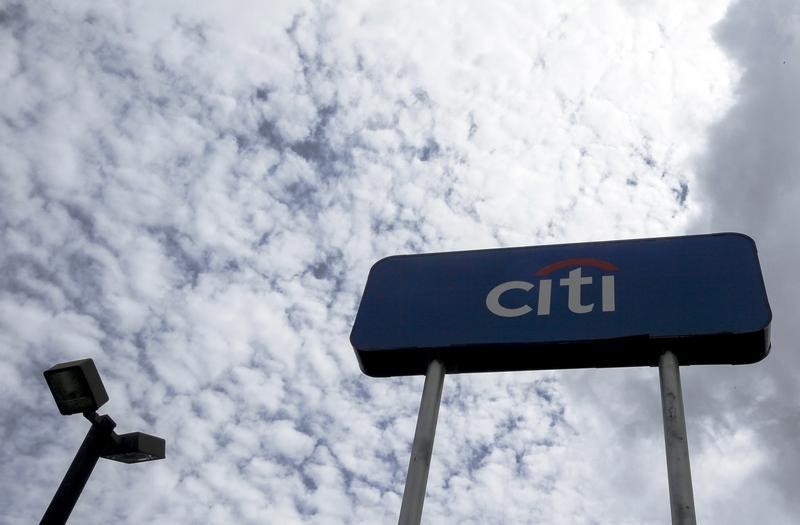This post was originally published on this site

(Reuters) -Shares of global lenders fell on Tuesday as investors turned nervous following a Moody’s (NYSE:MCO) downgrade of 10 mid-sized U.S. banks and Italy approving a surprise 40% windfall tax on lenders.
The rating agency said rising funding costs, a possible decline in deposit levels and weaker profitability pose risks to the U.S. banking sector, which went through a crisis earlier this year after the collapse of three lenders.
“The Moody’s announcement is a wake-up call,” said Stuart Cole, chief macro economist at Equiti Capital.
“It is significant for U.S. growth too, as U.S. regional banks are the financing lifeblood for small and mid-size enterprises.”
Moody’s also placed four banking giants, including Bank of New York Mellon (NYSE:BK), US Bancorp (NYSE:USB), State Street (NYSE:STT) and Truist Financial (NYSE:TFC) on review for potential downgrades.
Shares of Bank of New York Mellon and U.S. Bancorp fell more than 2%, while Truist Financial and State Street dropped over 1%. Truist declined to comment, while the other three did not immediately respond to Reuters requests for comment.
Shares of Bank of America (NYSE:BAC), Citigroup (NYSE:C) and JPMorgan Chase (NYSE:JPM) fell more than 1%. Their ratings were not part of Moody’s review.
Separately, most European lenders fell sharply after Italy approved a one-off 40% tax on profits banks reap from higher interest rates.
Italy will tax 40% of the net interest margin (NIM) earned in 2022 or 2023 – depending on which sum is bigger – and above given thresholds for a yearly increase.
Major Italian banks including Intesa Sanpaolo (OTC:ISNPY), Banco BPM and UniCredit fell between 7.2% and 8.4%.
U.S. DEPOSIT STRESS
In their earnings reports last month, several big U.S. banks reported a jump in profits boosted by higher rates, but also warned of risks with U.S. consumers spending less and loan growth expected to slow.
Deposits, which have been a pressure point for banks since Silicon Valley Bank failed earlier this year, is also expected to decline further as high rates prompt customers to look for alternatives that provide higher yields.
“Although the general drain on deposit funding caused by quantitative tightening (QT) moderated in Q2, there remains a significant risk that systemwide deposits will resume their decline in coming quarters,” Moody’s wrote in its note dated Monday.
Still, some analysts remained positive about the sector.
“The overnight news doesn’t really dent our view on U.S. banks because we have been favoring quality and liquidity as a whole, our view on the broader sector still remains constructive,” said Georgios Leontaris, chief investment officer for Switzerland and EMEA at HSBC Global Private Banking and Wealth.

